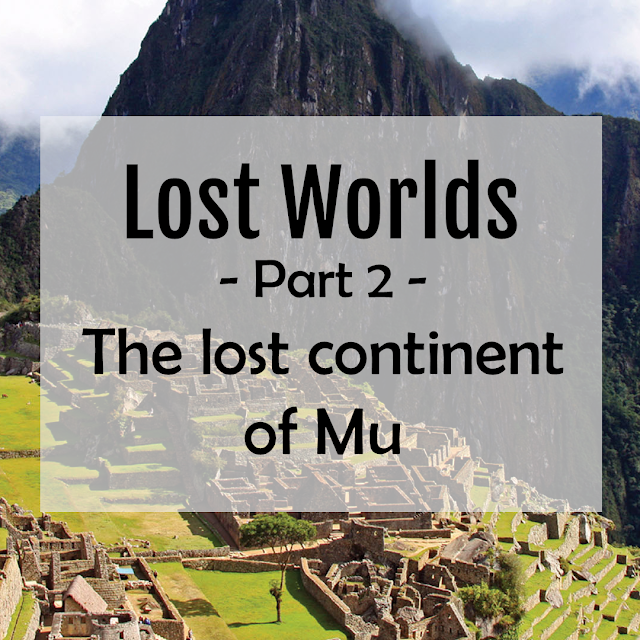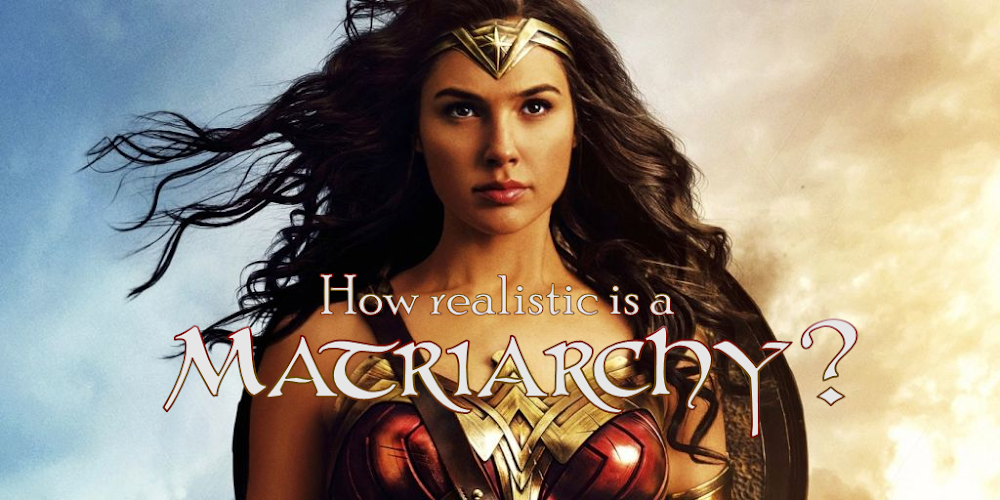Lost worlds (Part 2) - Moving on to Mu
First of all, our newsletter giveaway is still running! If you want to read the first 50 pages of our debut novel, Shackles of the Storm, now is the chance to read it for free! Our newsletter will also contain bookish updates, and of course a collection of our latest blogpost to never miss any of them. Go, subscribe here or on our website!
Today we continue the “Lost worlds” topic. In the previous blog post, we covered theories about Atlantis and Lemuria, their roots in reality, and how these tales show us the traumas of our ancestors after natural disasters and climate change.
However, there are some outliners, like the next on our lost world list: the continent of Mu. Because if there is a lost continent in the Atlantic Ocean and the Indian Ocean, how is that, that we don’t have one in the Pacific Ocean, right? RIGHT?
The concept came from a man named Augustus Le Plongeon who examined ancient Mayan texts and investigated the ruins in Yucatán. He claimed that the civilization on Yucatán was older than Egypt and Greece and originated from an even older continent. He mistranslated a text now called the „Madrid Codex”, from there came the name of Mu, but he thought that was just another reference to Atlantis. Le Plongeon claimed that after the destruction of Atlantis, people migrated to Egypt from one side of the continent, while the other side traveled to Central America and became the Mayans. This was also a good explanation of why people built pyramids on both sides of the ocean; obviously not because that is the easiest way to put a huge pile of rock cubes on together, but because it has common origins and it came from Atlantis. Actually, I read an article, in which modern people built an ancient Egypt style ship and sailed across the Atlantic ocean on it, so they proved that although it’s highly unlikely, the two cultures could—in theory—get in touch. But let’s get not carried away, so about Mu…
The concept of Mu was later popularized by James Churchward. He claimed that while he was a soldier in India a high-ranked priest showed him ancient clay tablets with writings in a long lost Naga-Mayan language, which only two other people in India could read beside the priest. Churchward convinced the priest to teach him the dead language and decipher the tablets by promising to restore and safeguard them, for Churchward was an expert in preserving ancient artifacts. For me, the story became fishy at this point. There is a white foreign soldier, and priests teach him an ancient language from ancient clay tablets, giving this treasure to him. Sure.
Having mastered the language himself, Churchward found out that they originated from "the place where man first appeared”—Mu. Later he claimed that although he read these in India, another guy found 2500 other tablets like these in Mexico. According to these, Mu was the home of the ancient and advanced civilization of the Naacal people, who were superior in every way, but the continent submerged overnight much like Atlantis, due to a series of earthquakes and volcanic eruptions. Churchward claimed that Mu was the common origin of the great civilizations of Egypt, Greece, Central America, India, Burma, and others, including the Easter Island, and was, in particular, the source of ancient megalithic architecture. As evidence, he pointed out symbols from throughout the world, in which he saw common themes of birds, the relation of the Earth and Sky, and especially the Sun. Really. Not because they are everywhere and were the most mysterious things for our ancestors, so they worshiped and feared these things. No, it was because they all came from Mu. Logical.
Churchward also claimed that the king of Mu was named Ra and he related this to the Egyptian god of the sun, Ra, and the Rapa Nui word for Sun, ra’a. Oh, and also Moses in Egypt was trained by the Naacal brotherhood, according to his own translation.
According to Max Heinel, a Danish-American occultist, Mu existed when the Earth's crust was still hardening, in a period of high heat and dense atmosphere. Heindel claims humans existed at this time, but that they had the power to shape-shift. He says they had no eyes but rather two sensitive spots that were affected by the light of the Sun. In the dense atmosphere, humans were guided more by internal perception than by external vision. The language of these humans consisted of the sounds of nature. He should have been a fantasy writer and make tons of money from this. Other occultists also claim that there was a continent in the Pacific, but honestly, it has no evidence. Not even the slightest like Atlantis or Kumari Kandam. Geologists also think it impossible that a continent the size of Mu could have existed in the Pacific ocean, submerging during a series of volcanic eruptions. The sea level was much lower during the ice age, so the islands were bigger and it was easier for people to sail between them, but that’s all. I also tend to think that this Mu-thing was just a fraud unlike the two in the previous post.
That’s all about continents, but we also have mythical cities from legends and their historical origins, so we are planning to continue with them next time! Stay safe until then.
Cheers,
Lory




Comments
Post a Comment